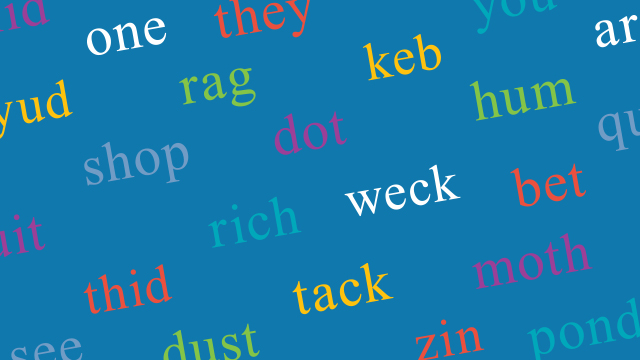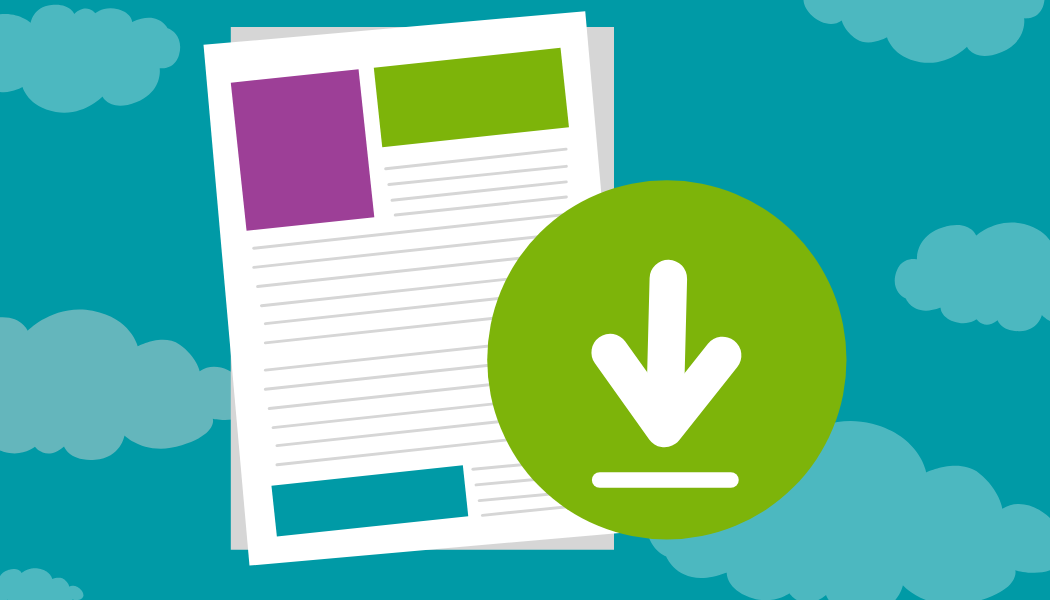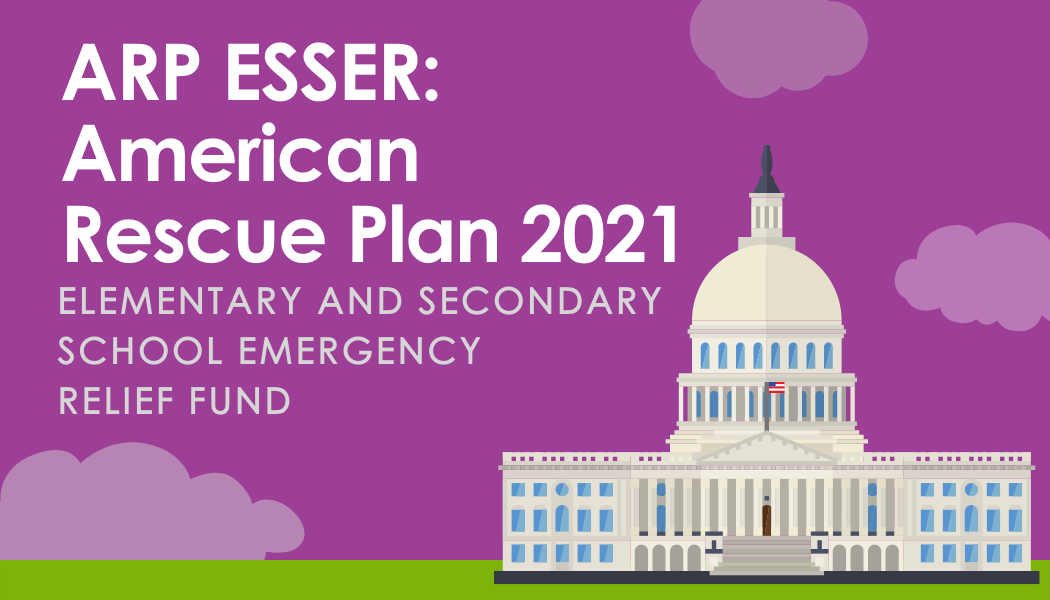Make the Most of American Rescue Plan - ESSER Funds
School administrators must make sure they use these funds effectively before they expire in September 2024. The COVID crisis caused unprecedented learning loss for so many students. One of the places where instruction has been impacted is foundational literacy skills (teaching children to read). To respond to this critical crisis, and to help educators, Really Great Reading is providing districts with tools to help them navigate ARP ESSER 2021 guidelines and compliance, with a focus on how to address learning loss using evidence-based reading interventions.
Covid Relief Funds at Your School

The emergency school funding provided by ESSER 2021 can be used to address learning loss. See our FAQ below for ways to use ESSER law funds consistent with your state funding plan. School districts can use the coronavirus aid relief established for operation of schools and to assist with students safely returning to in-person education.
Complimentary Diagnostics & Grouping

K-12 Interventions & Instruction

Avoid special education referrals, address learning loss, and Implement evidence-based interventions to meet the needs of students. Explore our evidence-based multisensory explicit foundational literacy supplements and interventions>>
FAQs - American Rescue Plan Elementary and Secondary School Emergency Relief Fund 2021
Congress approved additional funds this year to complement last year's relief legislation aimed at schools. The American Rescue Plan Elementary and Secondary School Emergency Relief (ARP ESSER) Fund under the American Rescue Plan (ARP) Act of 2021 will provide over $120 billion in assistance to states to distribute to local schools. This comes on top of measures passed last year, the CARES Act (ESSER), and the CRRSA (ESSER II).
Section 2001(c) of the ARP requires the Department to determine ARP ESSER Fund allocations based on the proportion that each State received under Title I, Part A of the Elementary and Secondary Education Act (ESEA) in the most recent fiscal year.
Download ARP ESSER Methodology for Calculating Allocations>>
LEAs must reserve a portion of their funds to address "learning loss through the implementation of evidence-based interventions and ensure that those interventions respond to students’ social, emotional, and academic needs and address the disproportionate impact of COVID-19 on underrepresented student subgroups." LEAs can use the remaining funds "for a wide range of activities to address needs arising from the coronavirus pandemic, including any activity authorized by the ESEA, the Individuals with Disabilities Education Act (IDEA), Adult Education and Family Literacy Act (AEFLA), or Carl D. Perkins Career and Technical Education Act of 2006(Perkins CTE).
See this Department of Education Fact Sheet for more information>>
Up to 5 percent of the total ARP ESSER allocation for the implementation of evidence-based interventions aimed specifically at addressing learning loss, such as summer learning or summer enrichment, extended day, comprehensive afterschool programs, or extended school year programs. One percent of the total ARP ESSER allocation for evidence-based summer enrichment programs. One percent of the total ARP ESSER allocation for evidence-based comprehensive afterschool programs.
Schools can use funds for addressing learning loss by:
-
Administering high-quality, reliable assessments that can assess students, monitor progress, and assist educators in meeting student needs, including using differentiated instruction.
Download our family of free diagnostic decoding surveys>>
Use our complimentary Grouping Matrix to group and progress monitor your students>>
-
Implementing evidence-based activities to meet the comprehensive needs of students.
-
Providing information and assistance to parents and families on ways to support students.
Visit our Home Connection: FREE, parent-friendly PDFs for student practice>>
-
Tracking student performance and engagement.
Use our Reading Playground in conjunction with our lessons>> Our Reading Playgrounds are a student practice portal where foundational literacy skills can be independently practiced.



